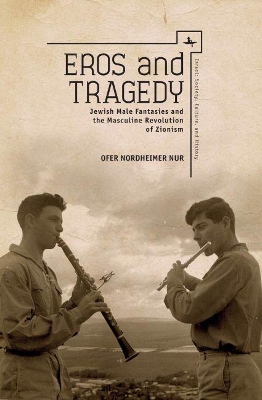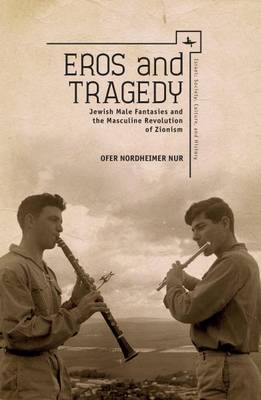Israel: Society, Culture, and History
2 total works
Between 1920 and 1922, hundreds of members of the Hashomer Hatzair youth movement left the defunct Habsburg Monarchy and sailed to Palestine, where a small group of members of the movement established Upper Bitania, one of the communities that laid the foundation for Israel's kibbutz movement. Their social experiment lasted only eight months, but it gave birth to a powerful myth among Jewish youth which combined a story about a heroic Zionist deed, based on the trope of tragedy, with a model for a new type of community that promised no less than a total, absolute elimination of all physical and mental barriers between isolated individuals and their fusion into one entity. This entity was named 'the erotic community.' In its quest for human regeneration, Upper Bitania embarked on a journey into a highly specific variant of modern life that, at its core, tried to combine the most profound Nietzscheanism with the insights of Sigmund Freud, all in an anti-capitalist quest for an organic community of "new men." The quest for a 'new man' was to compensate for a crisis of manliness and betrays an obsession with masculinity, male bonding and their effect on the ideal man and woman.

